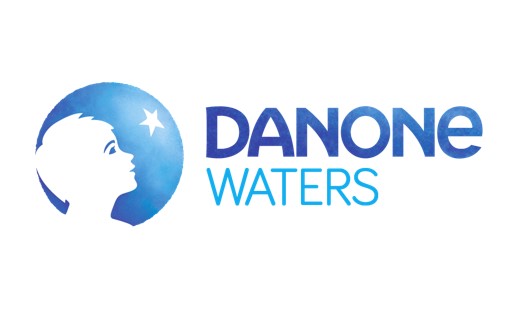

Danone Waters Spain

Catalonia, Spain
July 2019
Beverages
Manufacturing
Spain
Danone Waters Spain's mission is to inspire Spanish people to improve healthier hydration habits by offering everywhere, superior products and experiences, in the most sustainable way. They make it through our brands Font Vella, Lanjarón, Imperial, Fonter, Lanjarón Gas, Font Vella sensation, Font Vella Levité, Font Vella Tea. With more than 63 years in the sector of natural mineral water, they want to create an ecosystem that works in harmony with people, the environment and the communities in which they operate. They work locally protecting the subsoil, setting a control perimeter of the springs and introducing conservation measures such as: the recovery of an ancient irrigation system; the protection of the natural area where their factories are located: Sant Hilari & Amer (Girona), Sigüenza (Guadalajara) and Lanjarón (Granada); and a recycling and environmental awareness for the community.
Overall B Impact Score
Governance 18.4
Governance evaluates a company's overall mission, engagement around its social/environmental impact, ethics, and transparency. This section also evaluates the ability of a company to protect their mission and formally consider stakeholders in decision making through their corporate structure (e.g. benefit corporation) or corporate governing documents.
What is this? A company with an Impact Business Model is intentionally designed to create a specific positive outcome for one of its stakeholders - such as workers, community, environment, or customers.
Workers 31.9
Workers evaluates a company’s contributions to its employees’ financial security, health & safety, wellness, career development, and engagement & satisfaction. In addition, this section recognizes business models designed to benefit workers, such as companies that are at least 40% owned by non-executive employees and those that have workforce development programs to support individuals with barriers to employment.
Community 18.6
Community evaluates a company’s engagement with and impact on the communities in which it operates, hires from, and sources from. Topics include diversity, equity & inclusion, economic impact, civic engagement, charitable giving, and supply chain management. In addition, this section recognizes business models that are designed to address specific community-oriented problems, such as poverty alleviation through fair trade sourcing or distribution via microenterprises, producer cooperative models, locally focused economic development, and formal charitable giving commitments.
Environment 22.0
Environment evaluates a company’s overall environmental management practices as well as its impact on the air, climate, water, land, and biodiversity. This includes the direct impact of a company’s operations and, when applicable its supply chain and distribution channels. This section also recognizes companies with environmentally innovative production processes and those that sell products or services that have a positive environmental impact. Some examples might include products and services that create renewable energy, reduce consumption or waste, conserve land or wildlife, provide less toxic alternatives to the market, or educate people about environmental problems.
Customers 3.3
Customers evaluates a company’s stewardship of its customers through the quality of its products and services, ethical marketing, data privacy and security, and feedback channels. In addition, this section recognizes products or services that are designed to address a particular social problem for or through its customers, such as health or educational products, arts & media products, serving underserved customers/clients, and services that improve the social impact of other businesses or organizations.